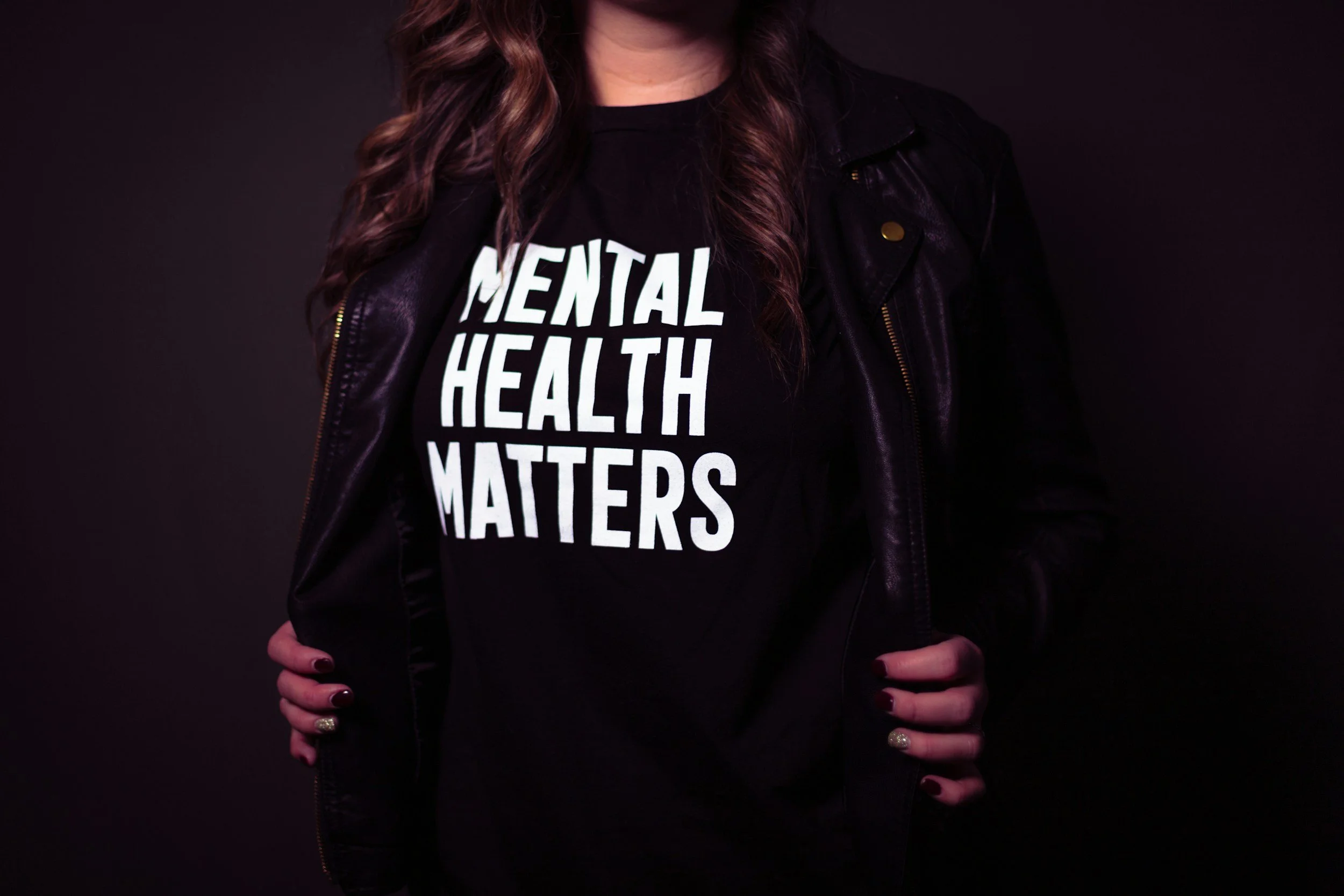Mental Health Awareness Month: Breaking the Stigma of Mental Health
May is Mental Health Awareness Month, a time dedicated to raising awareness and fostering understanding about mental health issues. While mental health is an essential part of our overall well-being, it is often a topic that many people avoid discussing due to societal stigma, fear of judgment, or a lack of understanding. At Haven Psychology Group, we believe that breaking the stigma surrounding mental health is crucial to creating a supportive and open environment where individuals feel comfortable seeking help, talking about their struggles, and prioritizing their mental well-being.
In this blog post, we’ll explore the importance of open conversations around mental health, the benefits of therapy, and practical ways to support loved ones who may be struggling.
1. The Importance of Open Conversations
One of the biggest barriers to seeking help for mental health issues is the stigma that surrounds it. Many individuals feel ashamed or embarrassed to talk about their mental health struggles, fearing that others will judge them or view them differently. This stigma can prevent people from reaching out for the support they need, leading to isolation, worsening symptoms, and a lack of access to care.
By having open, honest conversations about mental health, we can begin to break down these barriers and normalize the experience of mental health struggles. When we talk about mental health just as openly as we talk about physical health, we create a culture of understanding and support.
Open conversations about mental health can:
Foster Empathy: Talking openly about mental health helps people to see that mental health struggles are common and that no one is alone in facing them.
Reduce Shame: When we acknowledge that it’s okay not to be okay, we give permission for others to share their struggles without fear of judgment.
Encourage Help-Seeking Behavior: Open dialogue creates a supportive environment where individuals are more likely to seek help when they need it, whether that’s through therapy, support groups, or other resources.
This Mental Health Awareness Month, make a conscious effort to engage in conversations about mental health with friends, family, and colleagues. Ask how people are doing—really doing—and be open to listening without judgment. Your willingness to engage in these discussions can make a meaningful difference in someone’s journey toward healing.
2. The Benefits of Therapy
Therapy is one of the most effective ways to address mental health challenges, yet many people still hesitate to seek therapy due to misconceptions or fear of judgment. The truth is, therapy provides a safe, non-judgmental space for individuals to explore their emotions, gain insight into their behaviors, and develop coping strategies to manage life’s challenges.
Some of the benefits of therapy include:
Support in Navigating Life’s Challenges: Therapy can help individuals cope with stress, anxiety, depression, trauma, relationship issues, and many other concerns. A therapist offers guidance and tools for managing these challenges effectively.
Increased Self-Awareness: Therapy provides an opportunity for self-reflection and deeper understanding of one’s thoughts, feelings, and behaviors. This self-awareness can lead to personal growth and healthier decision-making.
Building Coping Skills: Through therapy, individuals can learn practical tools and techniques for managing difficult emotions, improving communication, and navigating stressful situations.
A Safe Space for Expression: Therapy offers a confidential environment where individuals can freely express their feelings without fear of judgment or repercussions.
If you or someone you know is struggling with mental health challenges, therapy can be a powerful resource for healing and growth. Don’t let fear or stigma prevent you from seeking the help you deserve.
3. Supporting Loved Ones Who May Be Struggling
If you have a friend, family member, or colleague who is struggling with their mental health, it can be difficult to know how to offer support. The key is to approach the situation with empathy, understanding, and compassion.
Here are a few ways to support loved ones who may be struggling with their mental health:
Listen Without Judgment: Sometimes, the best way to help someone is to simply listen. Allow your loved one to express their feelings and experiences without offering solutions or judgment. Just being there to listen can be incredibly comforting.
Encourage Professional Help: Gently suggest that they seek professional help, whether that’s through therapy, a support group, or speaking with a healthcare provider. Offer to help them find resources or accompany them to appointments if they feel comfortable.
Be Patient: Healing from mental health challenges takes time. Be patient and understanding with your loved one as they navigate their journey toward recovery. Avoid pushing them to “get over it” or “snap out of it”—mental health issues are not something that can be simply “fixed.”
Respect Their Boundaries: Everyone has different comfort levels when it comes to discussing their mental health. If your loved one isn’t ready to talk, respect their boundaries, but let them know you’re there for them when they are ready to open up.
Check In Regularly: Even if your loved one says they’re fine, it’s important to check in on them regularly. Let them know you care and are there to support them, no matter what.
Supporting someone with mental health challenges can be emotionally taxing, so it’s also important to take care of yourself. Make sure you’re seeking support and practicing self-care as well.
4. Breaking the Stigma: What You Can Do
Breaking the stigma surrounding mental health requires collective action. It’s not just about having conversations—it’s about actively challenging the misconceptions and stereotypes that contribute to the stigma.
Here are some ways you can contribute to breaking the stigma:
Educate Yourself and Others: Take time to learn about mental health issues and share that knowledge with others. The more informed we are, the more we can support each other and advocate for change.
Share Your Story: If you feel comfortable, consider sharing your own experiences with mental health. Personal stories help humanize the issue and show others that it’s okay to talk about mental health.
Support Mental Health Initiatives: Get involved with organizations or initiatives that promote mental health awareness and support. Whether through fundraising, volunteering, or simply spreading the word, every action helps.
Challenge Stigmatizing Language: Be mindful of the language you use when talking about mental health. Avoid using terms like “crazy,” “insane,” or “weak” to describe mental health struggles. Use compassionate and respectful language that promotes understanding.
Conclusion: A Call to Action
This Mental Health Awareness Month, let’s commit to breaking the stigma surrounding mental health by opening up conversations, offering support, and seeking help when needed. Mental health is just as important as physical health, and it deserves the same level of attention, care, and understanding.
If you or someone you know is struggling with mental health challenges, remember that therapy, open conversations, and support from loved ones can make all the difference. Let’s work together to create a world where mental health is no longer a taboo topic, but something we all prioritize and support. Together, we can break the stigma and pave the way for greater mental well-being for everyone.




